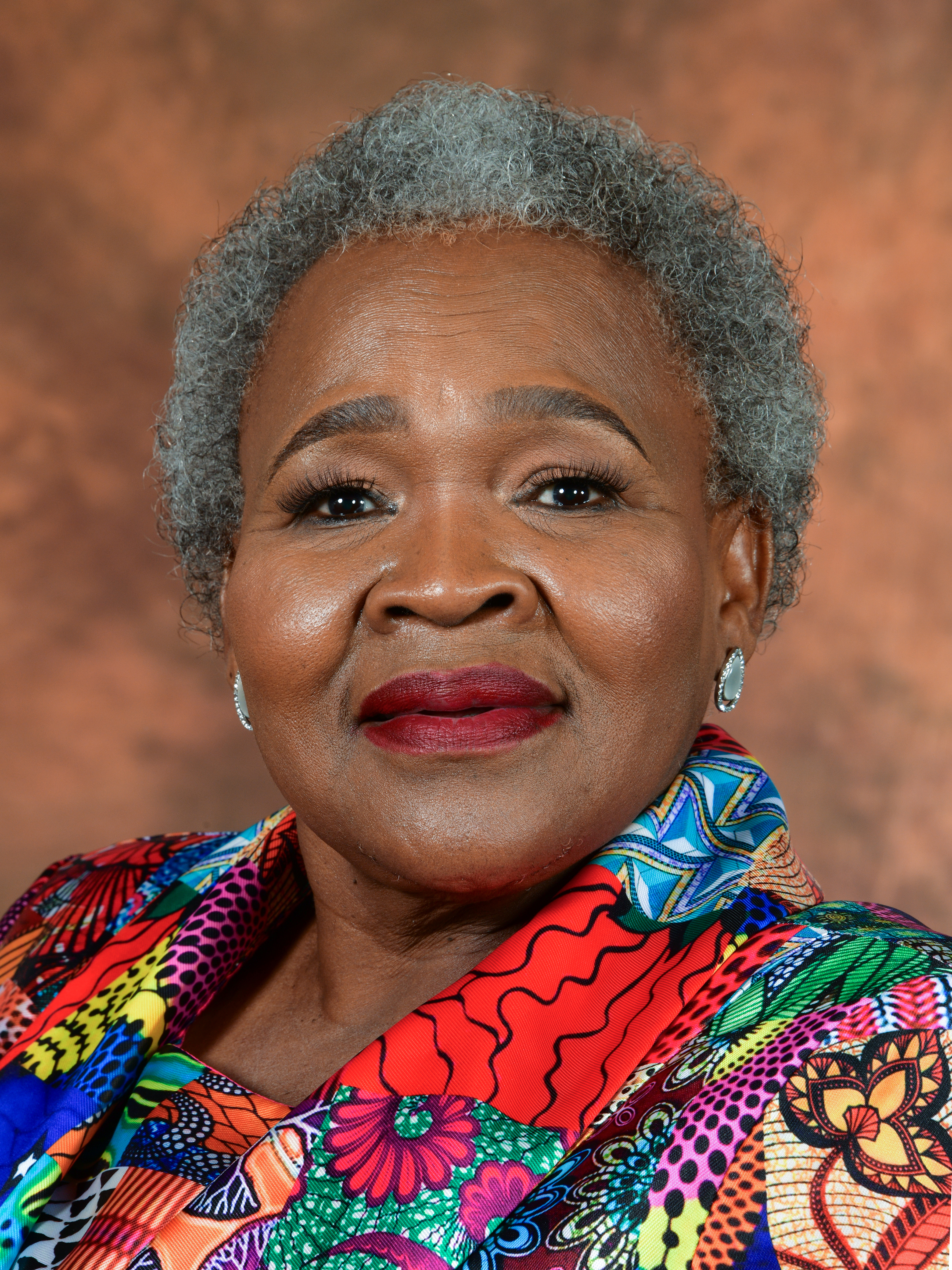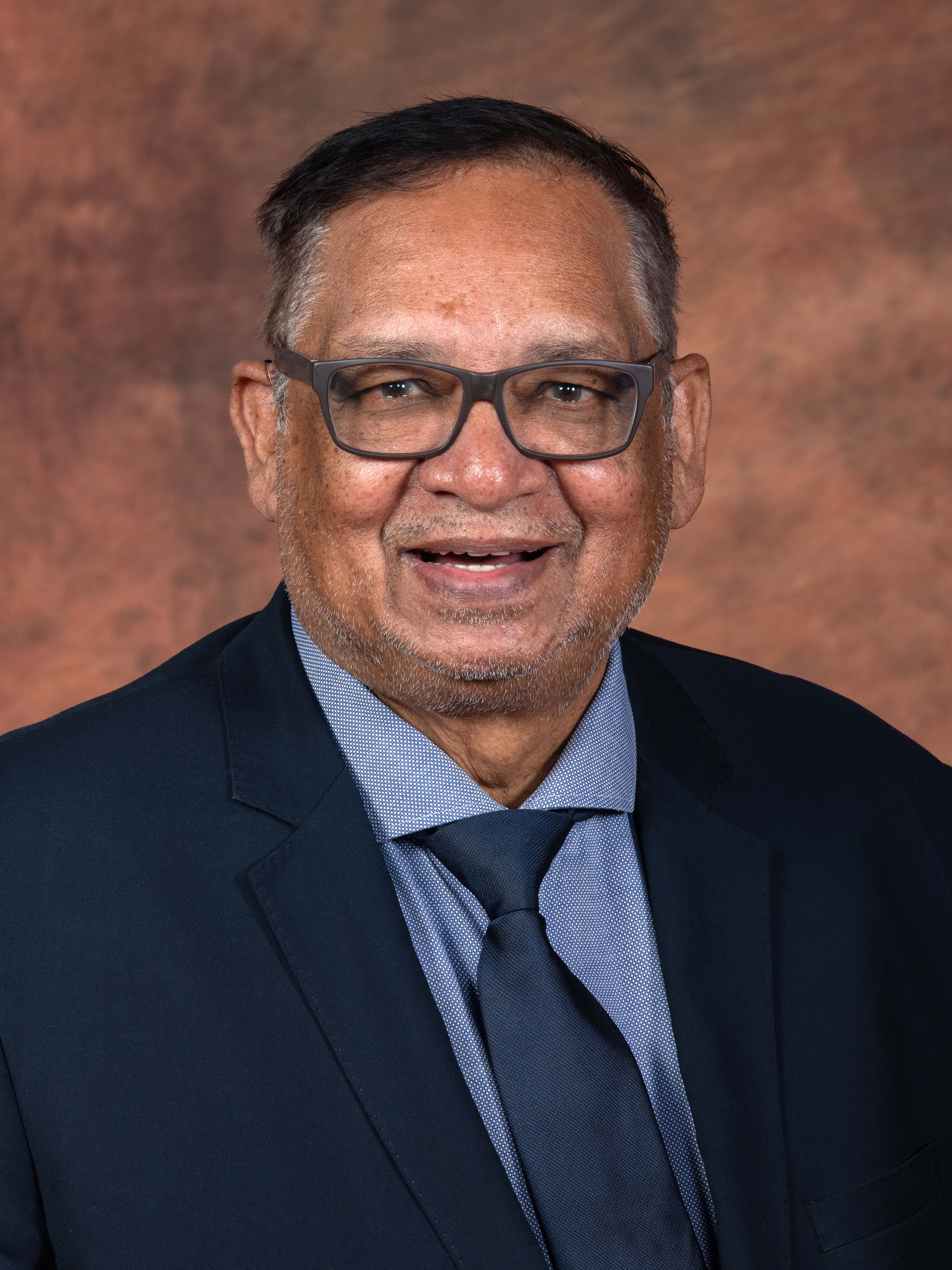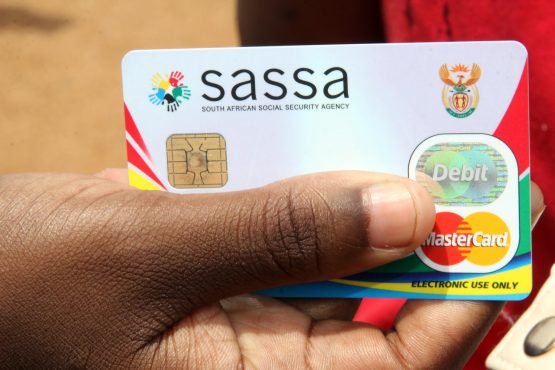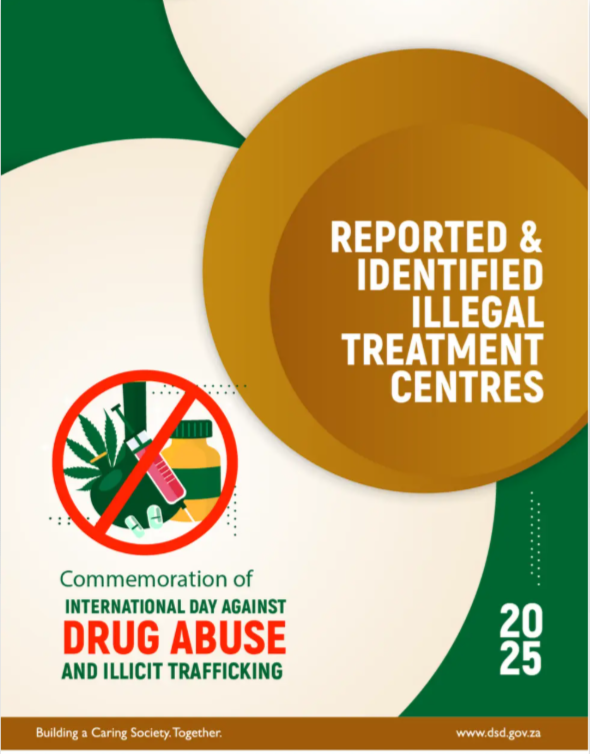By Nonhlakanipho Masola.
- South Africa is currently hosting the African Union (AU) Commission, evaluating the continent’s Plan of Action on Drug Control and Crime Prevention.
- South Africa’s response to the scourge of drugs is guided by the National Drug Master Plan 2019–2024, the country’s blueprint for drug demand and harm reduction, which aligns with the AU plan of action.
- The AU’s plan of action aims to improve the health, security, and socio-economic well-being of Africans by addressing drug trafficking, problematic drug use, and preventing the onset of substance abuse.
“Substance abuse is a complex social challenge, but South Africa remains committed to evidence-based, multi-level interventions to protect communities and build resilience,” according to the acting chief director for Social Crime Prevention and Anti-Substance Abuse, Mogotsi Kalaeamodimo.
He was speaking on the opening day of the evaluation of the African Union’s (AU) Plan of Action on Drug Control and Crime Prevention in Pretoria on 25 September 2025.
Presenting to the AU Commission delegation, Kalaeamodimo delivered a comprehensive overview of South Africa’s progress, challenges, and interventions in the fight against substance abuse.
He noted that alcohol remains the most widely abused substance, with heavy episodic drinking particularly prevalent in rural areas and among youth.
Worrying trends also include cannabis use among adolescents, heroin admissions in KwaZulu-Natal and Gauteng, high rates of methamphetamine in the Western Cape, and the growing popularity of hookah pipes, e-cigarettes, and “lean” — a dangerous codeine-based mixture misused by teenagers.
Strategic response
South Africa’s response is guided by the National Drug Master Plan 2019–2024, the country’s blueprint for drug demand and harm reduction, which aligns with the AU plan of action.
The National Drug Master Plan draws its legislative mandate from the Prevention of and Treatment for Substance Abuse Act No. 70 of 2008 and is coordinated through the Central Drug Authority at the national level, provincial Substance Abuse Forums, and local Drug Action Committees.
Kalaeamodimo highlighted interventions implemented across four levels:
- Prevention – National campaigns such as the International Day Against Drug Abuse (26 June), Foetal Alcohol Spectrum Disorder awareness, festive season road safety initiatives, and the Ke Moja Drug Awareness Programme. The Universal Prevention Curriculum is also being rolled out nationally across schools, youth programmes, and communities.
• Early Intervention – Screening tools and targeted programmes for at-risk groups showing early signs of substance use disorders.
• Treatment – Services through 13 state-run rehabilitation centres, over 300 registered treatment facilities, and a public halfway house. The Universal Treatment Curriculum guides care, which includes child-specific interventions.
• Reintegration and Aftercare – Counselling, skills development, and relapse-prevention programmes to help recovering service users reintegrate into families, workplaces, and schools.
Achievements include training non-governmental organisations and treatment centres on prevention and treatment curricula, expanding child-focused interventions, capacitating local Drug Action Committees in 135 municipalities, and establishing an Inter-Ministerial Committee on Alcohol and Substance Abuse to strengthen government coordination.
Persistent challenges
Despite these gains, Kalaeamodimo acknowledged several challenges: early-age experimentation, the rise of new designer drugs such as “lean,” growing drug trafficking via multiple routes, stalled legislative reforms like the Liquor Amendment Bill, and misalignment between the Cannabis Master Plan and the National Drug Master Plan.
He urged the AU to support South Africa in fast-tracking the establishment of a Southern African Development Community (SADC) regional structure on substance abuse and in scaling up recovery programmes such as WISE, which addresses the intersection of gender-based violence and substance abuse.
Focus on evidence-based interventions
Adding to the discussion, the deputy director-general for Welfare Services, Siza Magangoe, provided an overview of South Africa’s progress, challenges, and recommendations in drug demand reduction.
She stressed that South Africa’s approach must remain evidence-based, warning that without this, investments risk being wasted on ineffective programmes.
“Children in South Africa are not just experimenting; they are addicted. This reality compels us to design interventions tailored specifically for them, rather than replicating adult-focused models,” Magangoe said, emphasising the need for child-specific interventions.
She acknowledged that while evidence-based interventions are complex and resource-intensive, they deliver sustainable results. Magangoe highlighted national rollouts of the Universal Prevention Curriculum and plans to engage traditional leaders and other sectors to strengthen community-based responses.
Magangoe welcomed the AU evaluation, expressing confidence that the process will not only strengthen South Africa’s interventions but also confirm whether the country is on the right track.
Continental significance
The AU Plan of Action on Drug Control and Crime Prevention (2019–2025) aims to improve the health, security, and socio-economic well-being of Africans by addressing drug trafficking, problematic drug use, and preventing the onset of substance abuse. South Africa’s selection as one of 10 member states for field evaluation reflects the country’s central role in shaping Africa’s collective fight against drugs and crime.
The AU Commission is in South Africa on a three-day mission from 24 to 26 September 2025 to assess the country’s progress in implementing the priority areas of the continental drug action plan.
As part of the visit, the commission is conducting interviews with key national focal points from both drug demand and supply reduction sectors, as well as with civil society representatives, to review achievements, milestones, challenges, and recommendations that will help shape the next continental framework.


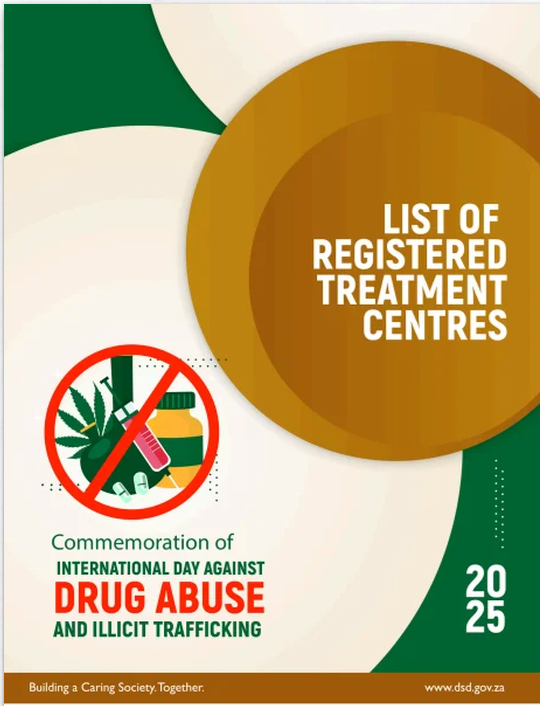

 0
0 